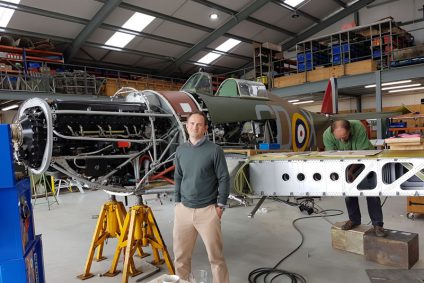No room at the inn. NHS entrepreneurs meet bed-blocking

This month’s announcement that Airbnb-style rooms would be offered to NHS patients recuperating from hospital care went down like the proverbial lead balloon. A pilot scheme called CareRooms, which was to be trialled by Southend Hospital, would see around 30 patients waiting for discharge from hospital move into the spare rooms of local residents.
Scheme ‘hosts’ – who did not need any previous care experience – would earn up to £50 a night by providing a quiet bedroom, ‘premium’ entertainment, jolly conversation and three microwaved meals a day. What an offer for patients desperate to leave the confines of the hospital ward!
Before we could even question how the TripAdvisor reviews would work – how many stars for bedside manner? – the hospital quickly pulled the plug as the mock-shock headlines mounted.
The idea came from part-time A&E doctor Dr Harry Thirkettle. He was concerned that the burden of bed-blocking has risen by 40 per cent in the past year and is estimated to cause up to 8,000 deaths annually. His idea was to use the wider community to support patients’ recovery because he knew they are often medically fit for discharge but have no one to go home to.
Although the concerns expressed about this novel scheme are entirely valid – safeguarding of patients and care costs being just two – sometimes perhaps we all need to look at the bigger picture. Monumental problems require monumental ideas. To have any hope of solving the many challenging issues facing the health service we must continue to be creative. We cannot always say no just because working through the problems is difficult.
We also need to allow today’s doctors the space to be innovative. How do we recruit and retain the best staff in the NHS? Give them hope and inspiration to cope with the day job and allow them to bring their own ideas to the table. Who better to examine the problems and suggest solutions than those right at the heart of the Service?
Dr Thirkettle is part of the Clinical Entrepreneur training programme which allows frontline doctors to develop their entrepreneurial aspirations. These clinicians are supported in their drive to improve the medical industry so that the talent pool is retained. Medical careers are changing. Over 40 per cent of doctors completing foundation training in the UK do not immediately take up their specialist training posts. Many junior doctors are abandoning medicine full stop. Schemes which encourage doctors to stay within the profession while giving them room to grow in other corporate areas should be nurtured.
Such schemes also help to train the NHS leaders of the future. After all, we want the ringmasters of tomorrow to have worked in the circus before they are allowed to run the show.


